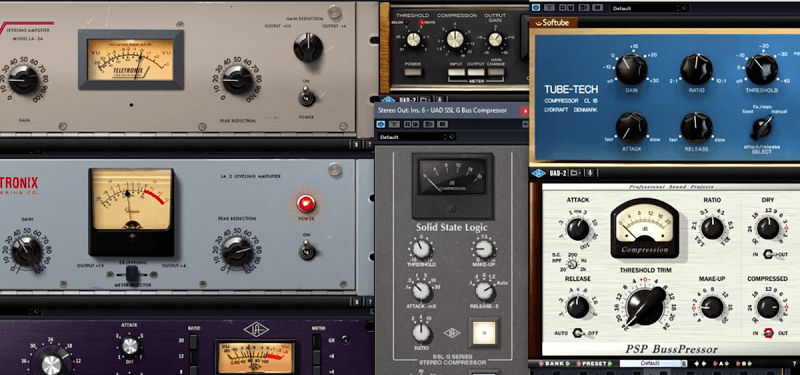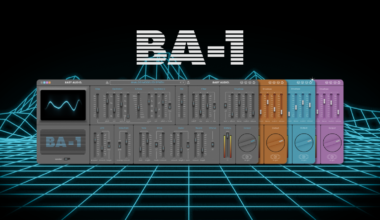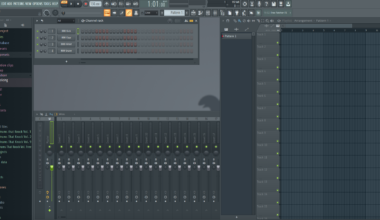
Whether you’re music producer or audio engineer, you should know the significance of vocal mixing. Making the artist you’re working with sound excellent should always be a priority because lyrics are what average listeners initially associate with. The best compressor for vocals, among other tools, will improve the overall sound of your mix!
First, you need to decide what you want to do with your compressor. Learning the fundamentals of vocal compression will be helpful for you to understand this. In this article, you will find some basic techniques for using compression on vocals and getting them to sit in that perfect spot in your mix.
Ways you’ll use the best compressor for vocals
Dynamic Compression
Dynamic compression is frequently employed to rein in and capture the source material’s sharpest peaks.
A quicker attack and release time, as well as a greater threshold and ratio, are desirable. In contrast to tonal compression, where the goal is to smooth out the sound and catch every syllable, here you only want to compress the peaks.
Tonal Compression
This is the smallest amount of compression that may be applied to your vocals to smooth them out and add a tiny bit of dynamic control. Because doing so will move the vocals further back in the mix, you shouldn’t crush the transients. Instead, you should give the performance a musical tone.
If tonal compression is your goal, a slow attack and release with only 2 to 3 dB of gain reduction will work.
Parallel Compression
A vocal track can be advanced and made to seem bigger or more aggressive via parallel compression. Since the 1970s, it has been utilized to add punch while maintaining a natural sound. Don’t be hesitant to give it a try because it usually sounds more difficult than it is.
Make a copy of your lead vocal track in your DAW and apply a compressor to it. Exaggerate your compressor’s settings even to the point where it produces an unpleasant sound since you want to hammer the vocal hard.
Make sure the level of the original vocal track is where you want it, then raise the compressed copy’s fader so that it is directly below the original. Without really squashing the sound, parallel compression gives the sense of control. It’s a great method for vocal compression, but it also works with practically any individual instrument!
What is the best compressor for vocals?
These are the top compressors for vocal production.
The verdict on vocal compressors
Now that you learned about the best compressor for vocals, which one are you going to buy? Are you going to go the hardware or software route?
Vocal compression is such an essential part of making your mix sound pristine, so selecting the appropriate compressor is crucial. And whether you want to get some rack gear or get a compressor VST plugin, don’t overlook your vocal chain.















